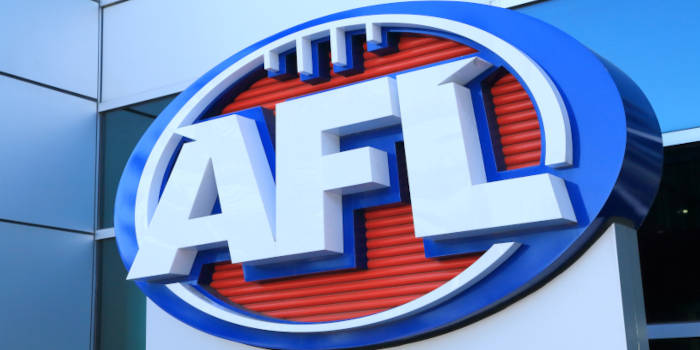The majority of Australian Football League (AFL) players are unaware that they can opt out from having their images used by AFL’s sports betting partner, Sportsbet, for promotional purposes.
The Majority Has No Idea They Can Opt Out
The deal with Sportsbet brings between AU$12 million ($8.1 million) and AU$13 million ($8.7 million) a year to the league’s coffers, of which 28% is paid to the players. Players also receive a 28% share of all football-related revenue generated by the league and the clubs.
Under AFL rules, players cannot participate in any shape or form in activities encouraging sports betting on games from the league but the league’s sports betting partner can exclusively use their images to promote brand awareness unless they explicitly stated otherwise, The Age reported.
But the majority of them are not aware that they can opt out and not let Sportsbet use their images to promote gambling. Contacted by the media, some of the players expressed certain reservations about the idea of their images being used to promote betting, yet had not expressed that with Sportsbet, effectively letting it use their images.
Ethical Reasons and Past Gambling Problems
Several high-profile players such as Melbourne’s premiership full-forward goalkicker Ben Brown have refused to allow Sportsbet to use their image and promote betting on the AFL, citing ethical, reputational and even commercial reasons.
In addition to Brown, who opted out for ethical reasons, the media claims there is another high-profile player who also opted out as he was feeling uncomfortable with the idea of his image being associated with gambling activities but wished to remain anonymous.
And these two players are not the only ones who have opted out as according to agents, other players also used the option to restrict the AFL’s wagering partner from using their images citing their own gambling problems in the past.
The percentage of players who have opted this year remains relatively small, in line with the fewer than 4%, or around 30 players out of more than 800, who chose to stop the league’s official wagering partner from making them a passive part of its promotional activities.
Public attitude towards gambling and gambling advertising in particular in Australia is increasingly shifting from being one of indifference to proactively asking for more scrutiny of the increased presence of betting firms in the country’s biggest media and its impact on gambling harm.
Leagues and operators are likely to expect further curbing of gambling advertising as evidence suggests that the current regime is weak.
